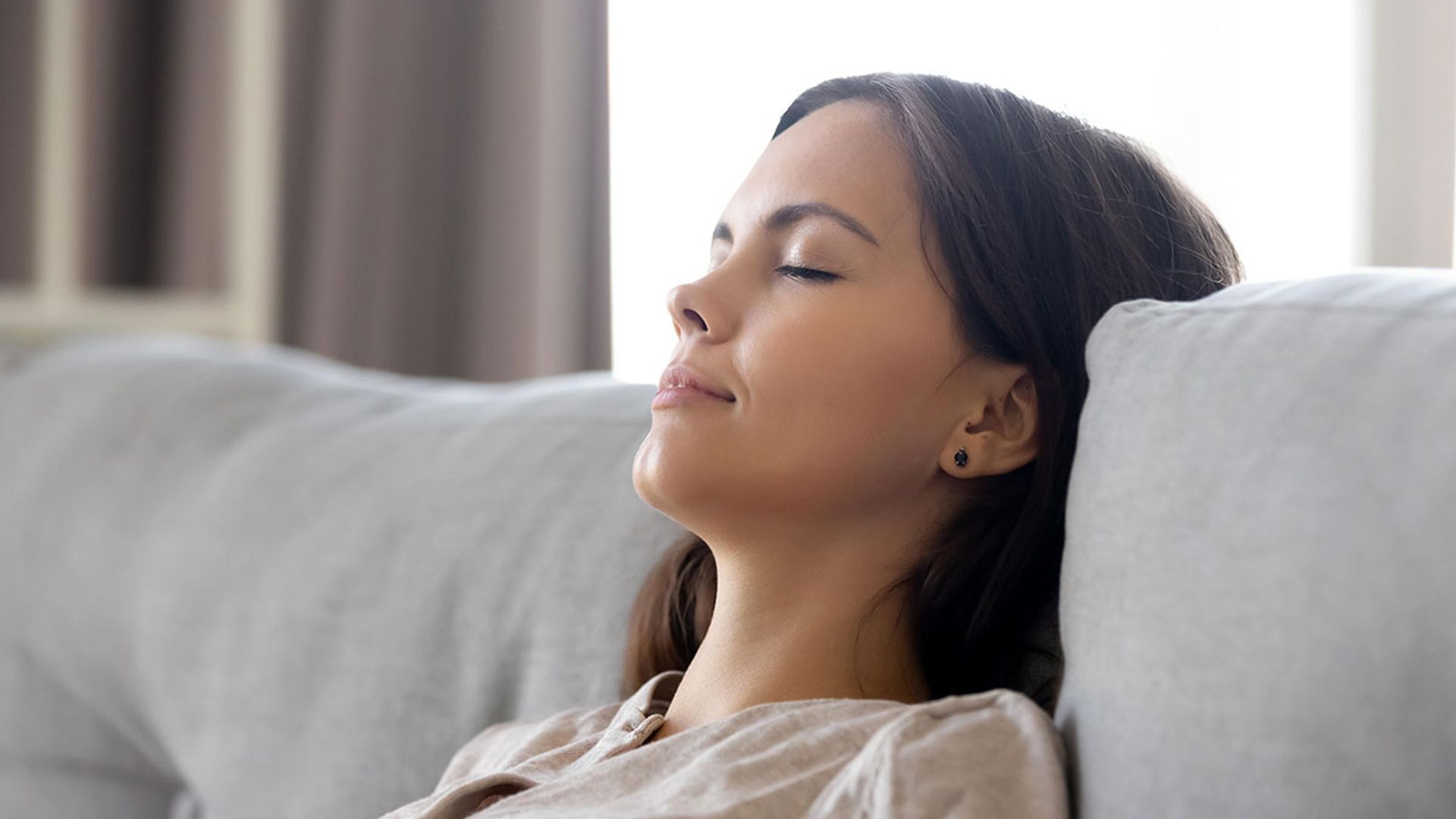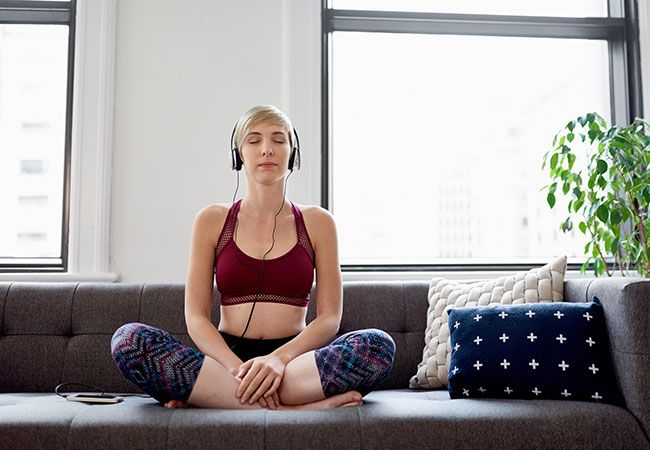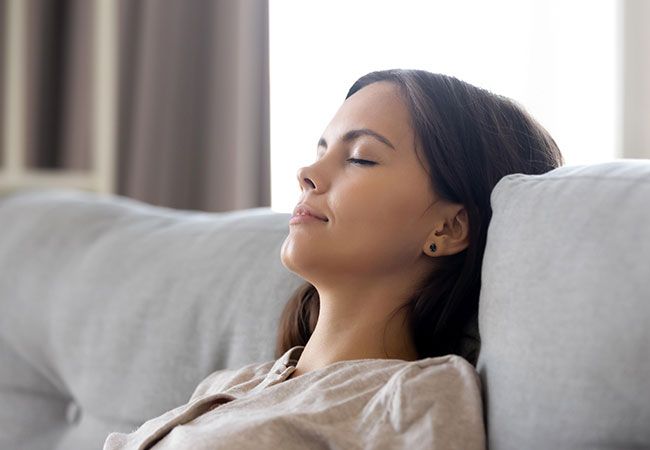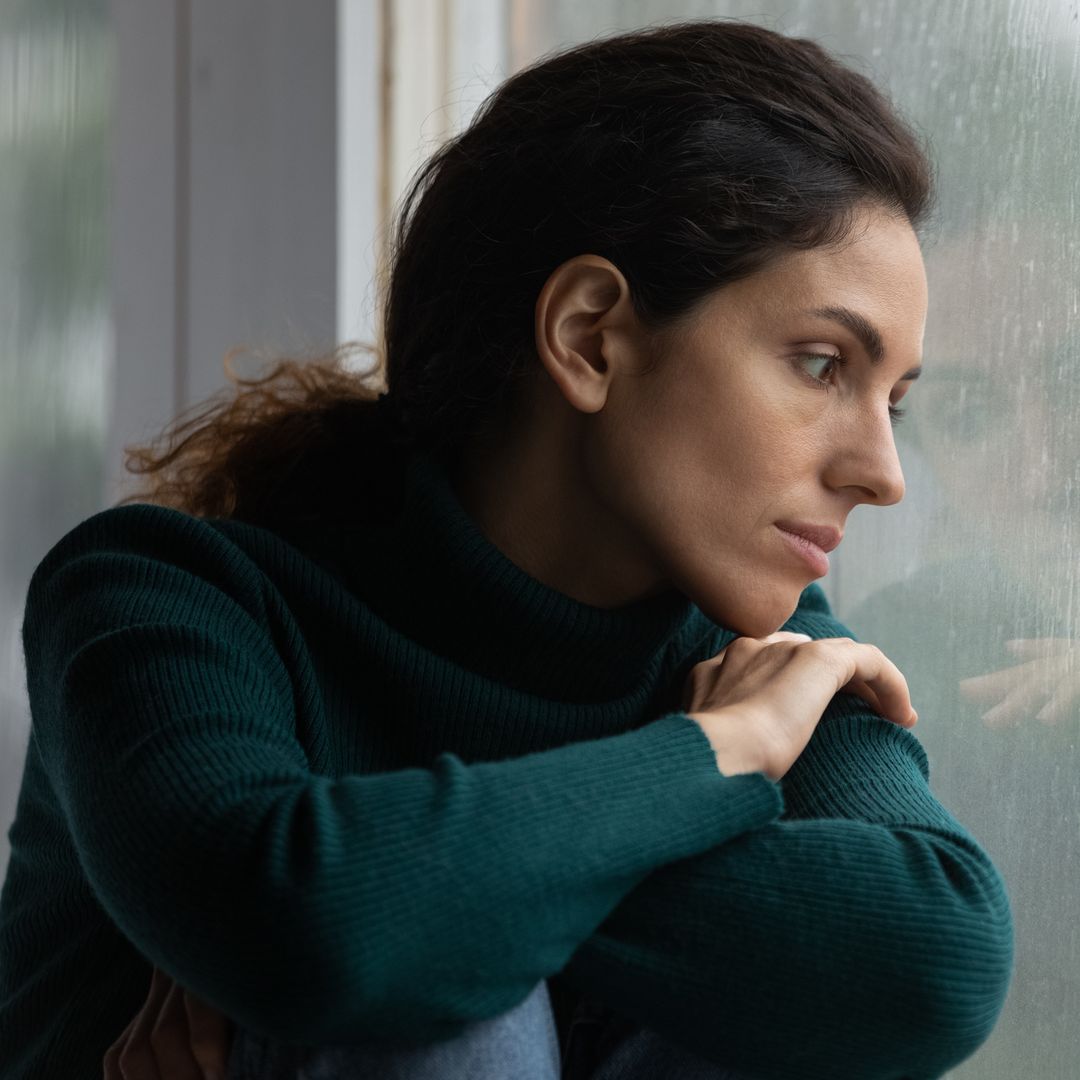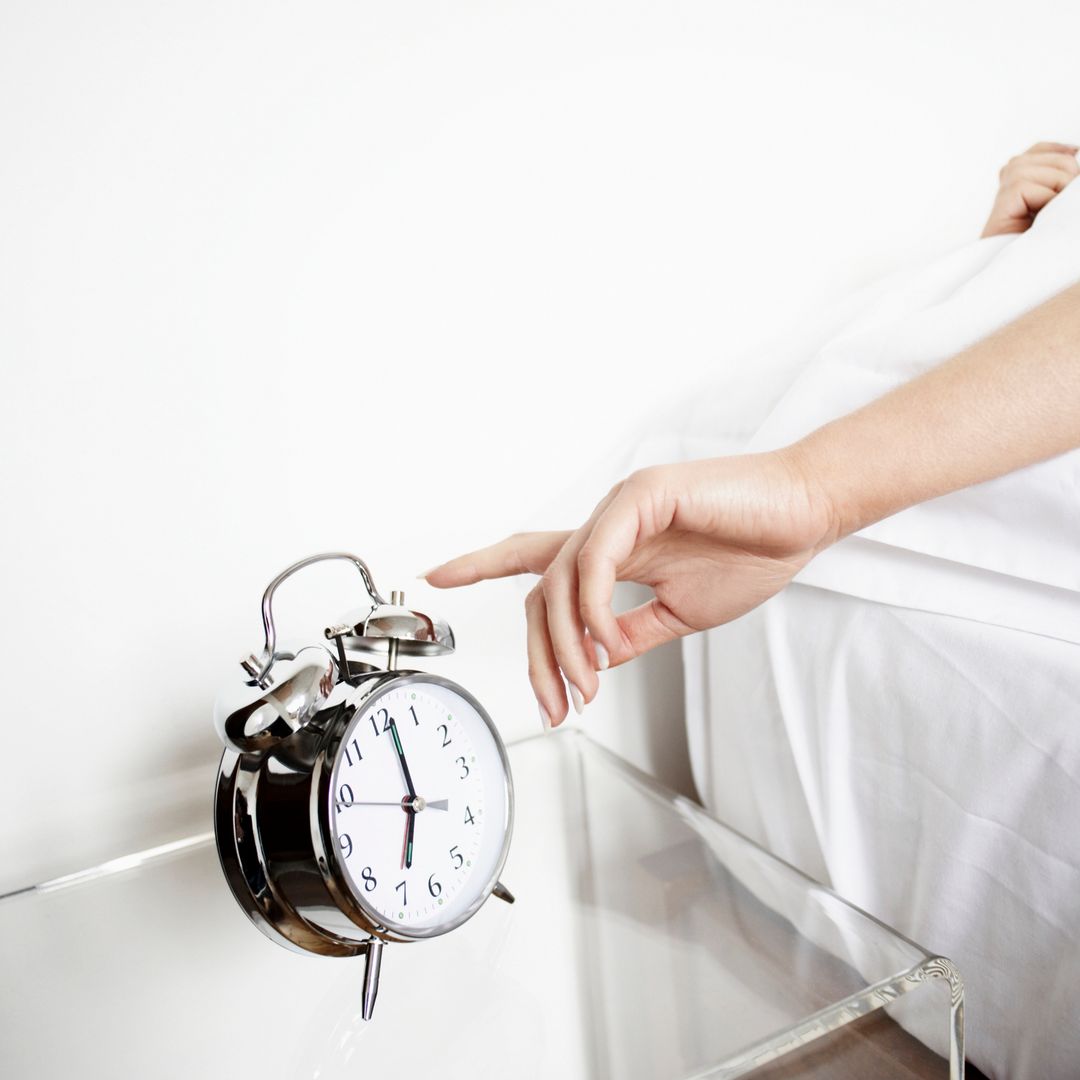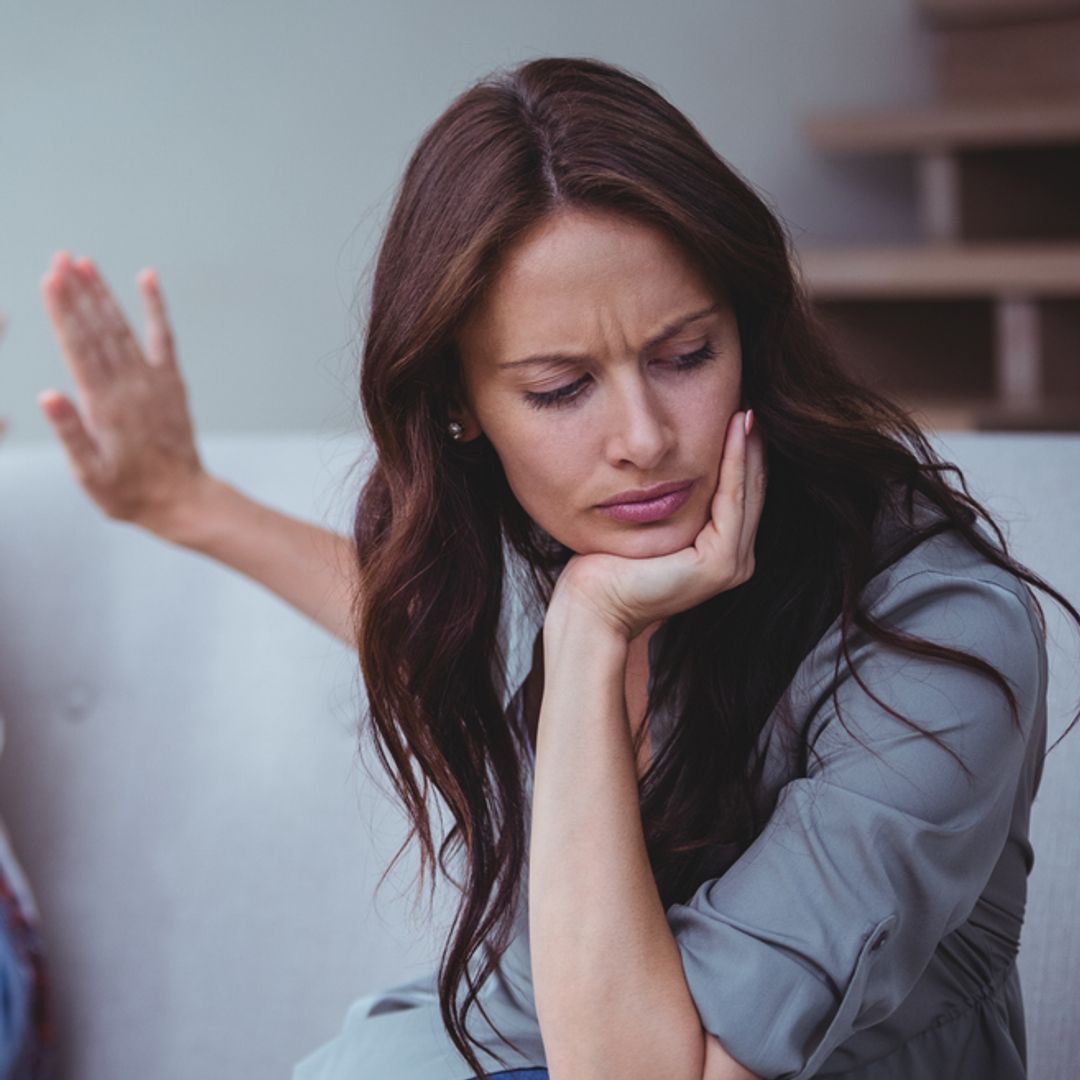Perhaps one of the most comforting things to know about anxiety is that it's a totally normal physiological human response. To that end, pretty much all of us have experienced feelings of anxiety at some point, but only 5% of people in the UK have been diagnosed with general anxiety disorder, otherwise known as GAD. The main difference between anxious feelings and GAD as a medical condition is that GAD is a long-term issue, so says the NHS. People suffering with GAD will feel anxious "most days and often struggle to remember the last time they relaxed".
SEE: 21 of the best wellness apps to download in 2021
Both can be seriously debilitating, though, and knowing what's causing you anxiety and how to manage it can be game-changing in all cases. To mark World Mental Health Day, Lucy Spicer, a psychologist with 10 years of experience in both the NHS and private sector talks us through the causes of anxiety, anxiety symptoms, tips for dealing with anxiety and tips for dealing with anxiety attacks. And breathe.
WATCH: How to manage coronavirus anxiety
Anxiety causes
1. The pandemic
Remember when commuting was probably the most stressful thing in our lives? Add in a pandemic, Brexit, and most recently, petrol gate, and it's no surprise that the ONS reports that almost 50% of people were reporting high levels of anxiety at the start of the pandemic, compared to 30% during the same months in 2019.
Lucy tells HELLO! this comes down to a "lack of control" and "uncertainty", for which anxiety is the body's natural response.
READ: 7 of the best free apps for your fitness and mental health
2. Genes
"Some people have a genetic predisposition to experience more intense anxiety," says Lucy. "However, situations such as pressures at work, relationship difficulties, worries about health and meeting deadlines can mean that we may experience different levels of anxiety throughout our lifetime."
3. Personality type
Put pressure on yourself to do better? Compare yourself to others? "You're likely to experience heightened anxiety if this is you," says Lucy. "The anxiety comes from worrying about others' opinions of you."
Anxiety symptoms
Lucy tells us anxiety symptoms fall into three categories: physical, cognitive (brain function – the way we think), and behavioural. It's also key to note that you can experience some or all of these, while it's also worth noting that symptoms of anxiety can also be a sign of other conditions, so be sure to consult a GP for individual diagnoses.
RELATED: 15 celebrities who have bravely opened up about mental health
Physical anxiety symptoms
- Panic attacks
- Heart racing
- Restlessness
- Sweaty-ness
- Shortness of breath
- Lack of concentration
- Fatigue
- Disturbed sleep
- Dizzy/lightheaded
- Butterflies in stomach
- Nausea
- Urge to go to the toilet
Cognitive anxiety symptoms
- Thinking the worst
- Imagining future scenarios negatively
- Thinking something bad is about to happen
- Lots of overwhelming thoughts
- Busy mind, finding it difficult to switch off
- Consumed by negative thoughts
- Assuming you know what others are thinking
- Negative bias - always seeing the bad
- Being your own worst critic
Behavioural anxiety symptoms
- Cancelling plans
- Overplanning
- Not responding to family and friends
- Fear of spending time alone
- Repeatedly asking others for reassurance
- Avoiding worrisome situations
Tips for dealing with anxiety
1. Exercise
The benefits of exercise are endless, and trust us when we say it's up there with one of the most effective ways of soothing anxious feelings "by releasing endorphins", says Lucy. Going hell-for-leather in an intense HIIT class that you dread and despise from start to finish won't do you any good though - find a way of moving your body that feels good to you. Lucy says anything from a walk to dancing to your favourite playlist should work wonders.
RELATED: 23 best home workouts to try now
2. Self-reassurance
As strange as it might feel, the way you talk to yourself makes a huge difference. Lucy says it's about reassuring yourself of how capable you are. Some helpful affirmations include: "I can get through this, I have done it before," "I am strong," "I am resilient," "This will not last," "I breathe in relaxation and breathe out tension".
3. Seek support
A problem shared is a problem halved, and that couldn’t ring more true than it does with anxiety. "Reach out to friends, family or mental health professionals," says Lucy. Not only will this be a weight off your shoulders, it'll help tackle the stigma that remains around mental health, and encourage others to speak out about their own problems, too. You'll be surprised how many people are feeling similar to you.
4. Meditation
Meditation can help clear anxious thoughts
Lucy says: "Rather than becoming attached to your anxious thoughts and thinking about it over and over, you can learn to observe your thoughts and disengage with how they make you feel. We have around 70,000 thoughts a day constantly being replaced, so if you notice anxious thoughts instead of latching onto it, visualise it moving past as a cloud through the sky." There are plenty of apps to help you practice, such as Headspace and Calm.
Tips for dealing with anxiety attacks
According to Mind UK, an anxiety attack is a "type of fear response. They're an exaggeration of the body's normal response to danger, stress or excitement." Since they're an acute anxiety response, i.e. they come on quick and fast and are short lived, they require different kinds of intervention to consistent or longstanding anxiety symptoms.
5. Breathwork
Controlling your breath can calm anxiety attacks
"The quickest way to soothe the physical feelings of anxiety is to use your breath," says Lucy. "Ratio breathing has been proven to soothe your sympathetic nervous system (the part of your body that creates anxious feelings). When practicing, start breathing from stomach through ribcage into chest, it will feel like a wave. Ratio breathing is when you inhale through your nose for a count of 5, hold your breath for 5, exhale for 5 counts and hold for 5 before you repeat again 10 times."
6. Grounding strategies
People who suffer with anxiety are often focused on the future, but 'living in the moment', for want of a better phrase, can be the key to giving your brain a break. "A clients' favourite to nail this is the 5,4,3,2,1 method," says Lucy. "This is where you use all of your senses, by tuning into your surroundings and noticing 5 things you can see, 4 you can hear, 3 you can feel, 2 smell, one thing you can taste."
Like this story? Sign up to our newsletter to get other stories like this delivered straight to your inbox.
